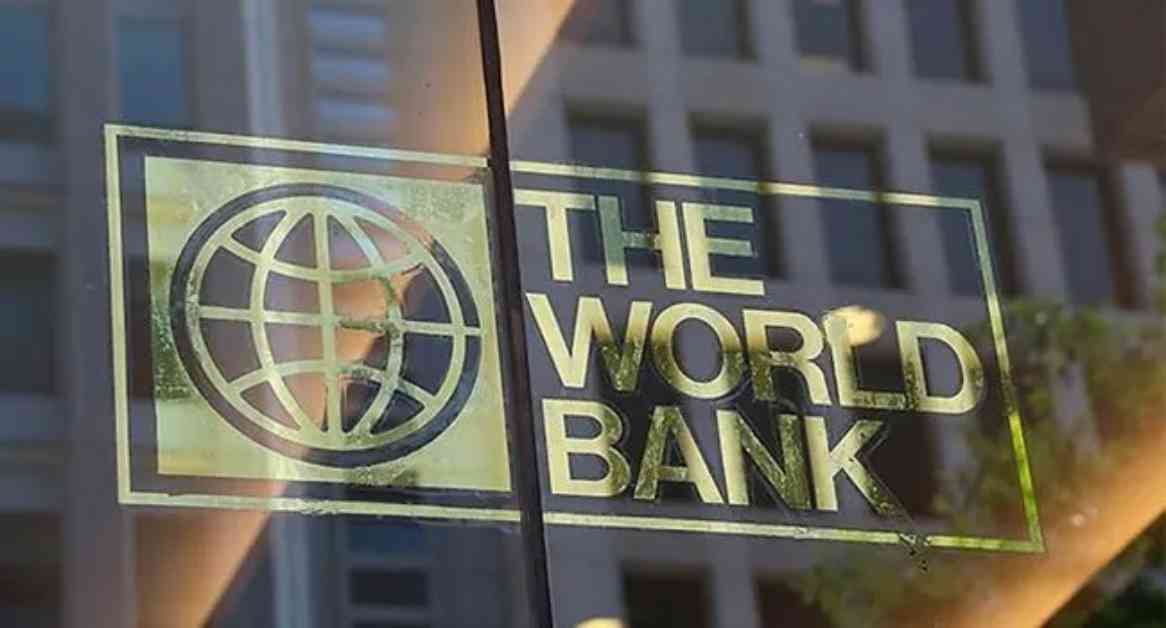World Bank Sanctions Two Nigerian Companies and CEO for Fraud
The World Bank Group has taken decisive action against two Nigerian companies, Viva Atlantic Limited and Technology House Limited, along with their Managing Director and Chief Executive Officer, Mr. Norman Bwuruk Didam. The Washington-based institution imposed a 30-month ban on these entities following investigations that uncovered fraudulent, collusive, and corrupt activities linked to the National Social Safety Nets Project (NSSNP).
Violation of Anticorruption Framework
In a statement released on Monday, the World Bank detailed the serious violations committed by Viva Atlantic Limited, Technology House Limited, and Didam during the 2018 procurement and contracting processes. The companies and their CEO were found to have misrepresented a conflict of interest in their bids, accessed confidential tender information from public officials, falsified experience records, submitted fake manufacturer’s authorization letters, and provided inducements to project officials.
These actions were deemed fraudulent, collusive, and corrupt under the World Bank’s Anticorruption Framework, leading to the imposition of the 30-month ban on the entities involved. The sanctions prevent Viva Atlantic Limited, Technology House Limited, and Didam from participating in projects and operations financed by the World Bank Group.
Admission of Wrongdoing
As part of settlement agreements with the World Bank, all three parties admitted to their misconduct and agreed to comply with rigorous integrity conditions to be eligible for release from the debarment. The World Bank emphasized that such behavior directly contravenes its principles and standards, warranting firm action to uphold transparency, accountability, and ethical conduct in its projects.
This news serves as a stark reminder of the consequences of engaging in fraudulent, collusive, and corrupt practices, especially in the realm of international development and financial institutions. The World Bank’s firm stance against such misconduct underscores the importance of integrity and adherence to ethical standards in all dealings, particularly when public funds and development initiatives are at stake. It also highlights the need for robust oversight and compliance mechanisms to safeguard against abuse and malpractice in project implementation.















